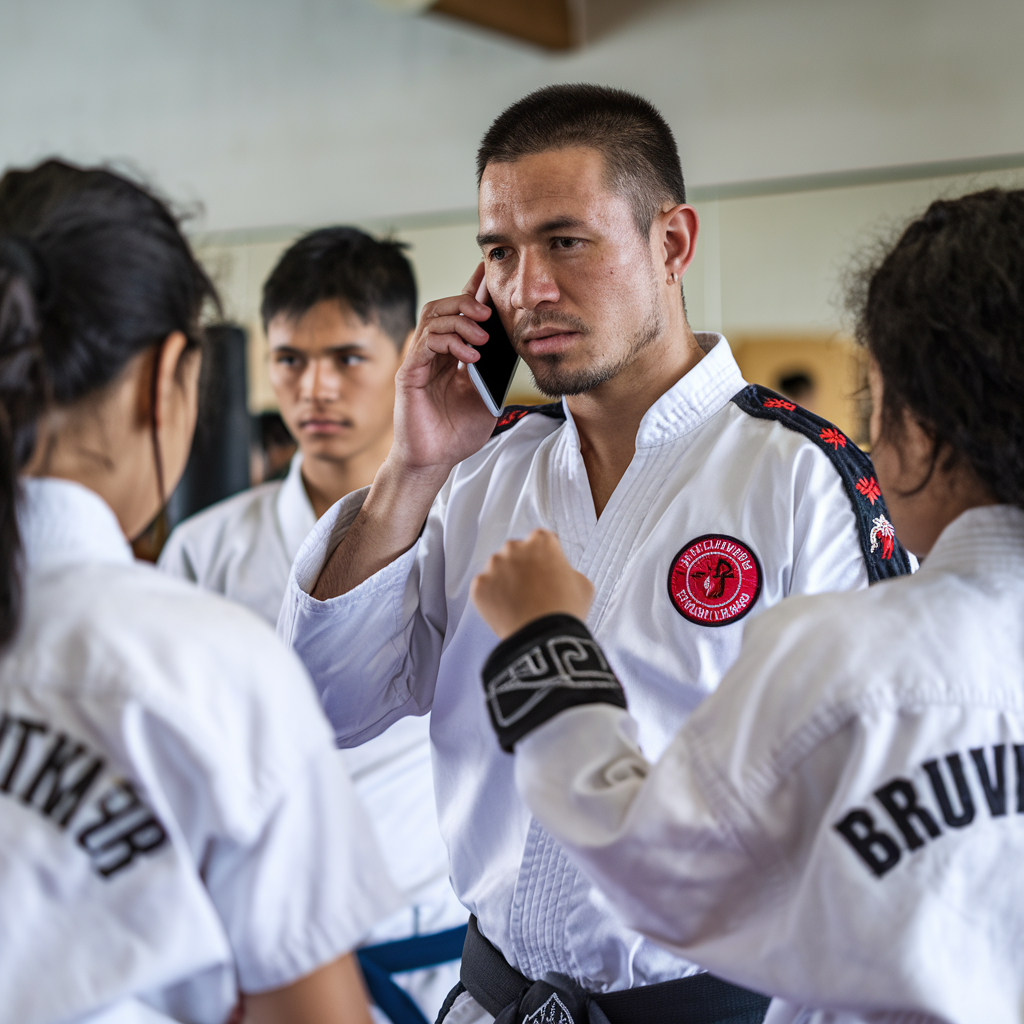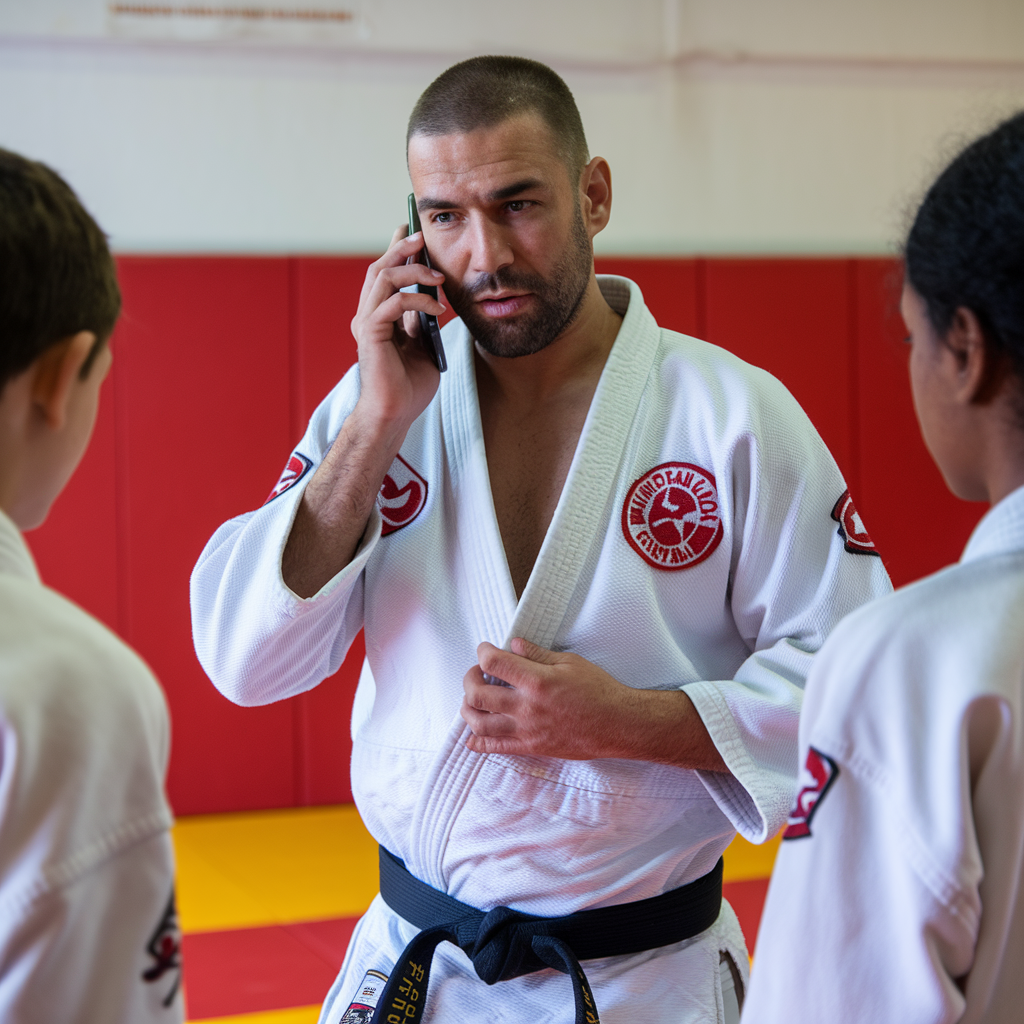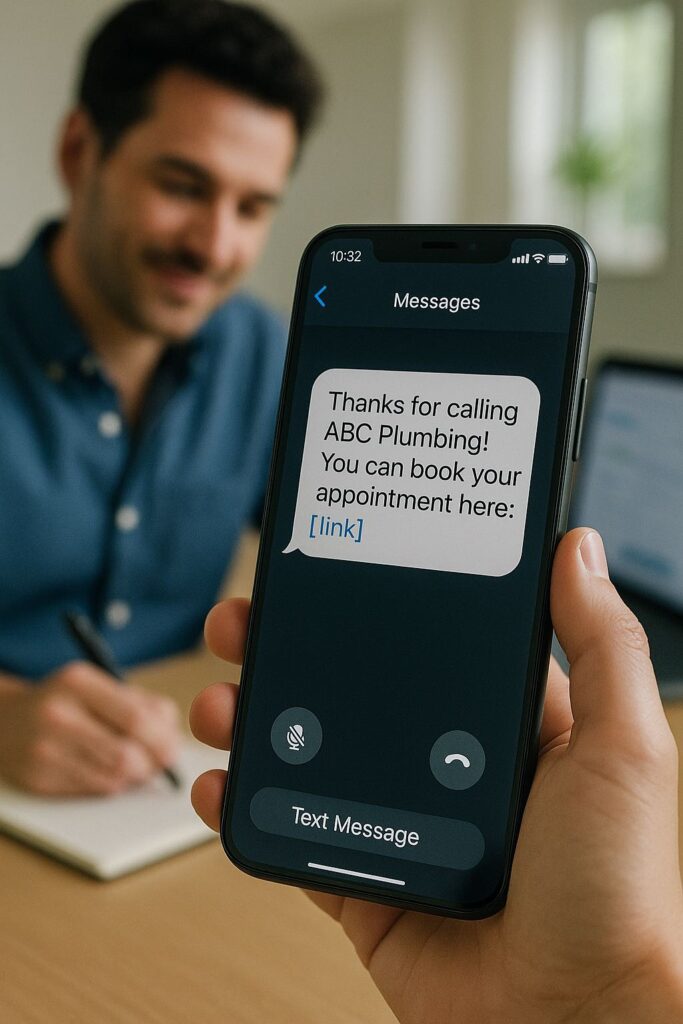
Customer service is all about handling challenges with skill, confidence, and discipline—qualities that are at the core of Karate. At Call Care Pro, we believe that the principles of Karate can be applied to customer service to help agents break through communication barriers and deliver exceptional experiences. Just as Karate practitioners dedicate themselves to mastering techniques through rigorous training, customer service professionals must also develop key skills to excel in their roles. Here’s how mastering the Karate mindset can empower customer service professionals to navigate challenges effectively and build lasting customer relationships.
The Power of Discipline and Preparedness
Karate practitioners train rigorously to master their techniques, ensuring they are prepared for any situation. Their commitment to repetitive practice, drills, and conditioning enables them to respond instinctively in the face of adversity. The same philosophy applies to customer service professionals who must be well-trained in company policies, product knowledge, and effective communication strategies.
Discipline in customer service means staying committed to ongoing learning and professional development. Agents should participate in regular training sessions, role-playing exercises, and feedback loops to refine their ability to handle diverse customer scenarios. Much like Karate students advancing through belt ranks, customer service professionals who invest in continuous improvement become more adept at resolving customer concerns with confidence and precision.
Preparedness also involves anticipating customer needs and staying proactive. Just as a Karate master studies their opponent to anticipate their next move, agents must actively listen to customers, identify potential pain points, and offer preemptive solutions. This proactive approach fosters trust and prevents minor issues from escalating into major conflicts.
Confidence in Action
A Karate master approaches challenges with confidence, knowing that strength comes from skill and composure. In customer service, projecting confidence is crucial to establishing credibility and trust with customers. When agents communicate with a steady tone, clear language, and assertive problem-solving, they reassure customers and create a sense of reliability.
Confidence is particularly important when dealing with frustrated or difficult customers. Customers want to feel that the person assisting them is knowledgeable and capable of resolving their issues. A hesitant or uncertain tone may erode trust, whereas a calm and assured demeanor can turn a tense conversation into a productive one.
Developing confidence in customer service involves experience, knowledge, and practice. By equipping agents with thorough training, empowering them to make informed decisions, and encouraging a mindset of problem-solving rather than panic, companies can help their teams exude confidence in every interaction. Just as Karate fighters enter the ring prepared and focused, customer service agents should approach every call or interaction with clarity and self-assurance.
Breaking Down Communication Barriers
Just as Karate uses precise strikes to break boards, effective customer service requires breaking down barriers to communication. Barriers can take many forms, including customer frustration, miscommunication, language differences, or complex service issues. To overcome these obstacles, agents must focus on clarity, empathy, and active listening.
Clear communication is essential for resolving issues efficiently. Using simple, direct language ensures that customers understand their options and next steps. When addressing technical concerns, agents should avoid jargon and instead explain solutions in a way that is easy for customers to grasp.
Empathy plays a key role in breaking communication barriers as well. Customers want to feel heard and valued. By acknowledging their concerns and responding with genuine understanding, agents can de-escalate situations and create a more positive experience.
Active listening is another critical technique that mirrors the mindfulness required in Karate. Just as Karate practitioners read their opponent’s movements, customer service agents must listen carefully to verbal cues, tone, and context to fully understand a customer’s needs. This not only helps in providing the right solution but also reassures customers that their concerns are taken seriously.
Mastering Defensive and Offensive Techniques
Karate is not just about striking; it also involves defense and strategy. Effective fighters know when to attack and when to block. In customer service, this translates to knowing when to take control of a conversation (offense) and when to de-escalate a situation (defense).
Taking control of a conversation doesn’t mean being aggressive—it means guiding the customer toward a solution with authority and confidence. When an agent encounters a confused or frustrated customer, they should take the lead in clarifying misunderstandings, providing step-by-step solutions, and reassuring the customer through decisive action.
Conversely, de-escalation is a defensive skill akin to Karate’s blocking techniques. When dealing with an irate customer, an agent must remain calm, acknowledge their frustration, and offer solutions without reacting emotionally. Techniques such as mirroring the customer’s concerns, using positive language, and finding common ground help transform a heated exchange into a constructive discussion.
The balance of offensive and defensive techniques ensures that customer service agents can handle interactions with agility and professionalism. Mastering both aspects allows them to resolve issues efficiently while maintaining customer satisfaction.
The Importance of Respect and Courtesy
A fundamental principle of Karate is respect—both for oneself and for others. Martial artists bow to their instructors, training partners, and opponents as a sign of mutual respect. In customer service, showing respect to every customer, regardless of their mood or frustration level, creates a positive experience and builds brand loyalty.
Respect in customer service manifests in various ways, such as using polite language, actively listening, expressing gratitude, and maintaining a professional attitude. Even when faced with difficult customers, agents who uphold respect and courtesy can turn negative situations into opportunities for customer retention.
Additionally, internal respect among team members enhances overall service quality. Encouraging teamwork, recognizing achievements, and fostering a supportive environment help customer service agents perform at their best. Just as Karate dojos cultivate a culture of discipline and encouragement, customer service teams thrive when respect is ingrained in their company culture.

Continuous Improvement: Striving for the Black Belt
In Karate, achieving a black belt signifies mastery, but the learning never stops. Even black belts continue training, refining their techniques, and pushing themselves to higher levels of expertise. Customer service follows a similar philosophy: excellence is not a destination but a journey of continuous improvement.
Agents should seek opportunities to expand their knowledge, whether through additional training, learning new problem-solving methods, or staying updated on company policies and customer expectations. Organizations that invest in ongoing training and development for their customer service teams see increased employee engagement, customer satisfaction, and overall success.
At Call Care Pro, we encourage our agents to embrace a growth mindset, always striving to enhance their skills and service quality. By fostering a culture of learning and self-improvement, we ensure that our team remains at the forefront of customer service excellence.
Conclusion: Becoming a Customer Service Black Belt
By applying Karate’s principles of discipline, confidence, adaptability, and respect, customer service agents can handle any interaction with skill and professionalism. Martial arts teach resilience, strategy, and mindfulness—all of which are invaluable in providing outstanding customer service.
At Call Care Pro, we encourage a Karate-like mindset, empowering agents to break through communication barriers, master conflict resolution techniques, and deliver top-tier service with confidence and precision. Just as Karate transforms practitioners into strong and disciplined individuals, adopting its principles in customer service transforms agents into skilled and empowered professionals.
Are you ready to elevate your customer service skills? Contact Call Care Pro today to learn how we can help you achieve black-belt-level customer service excellence!

